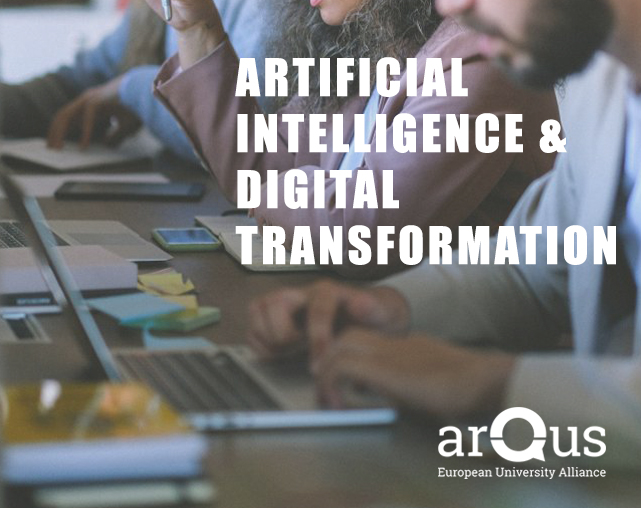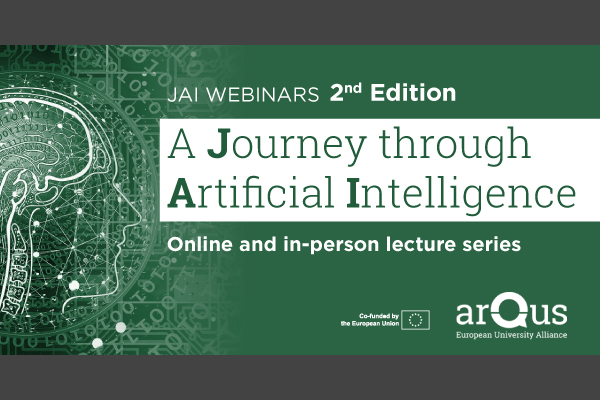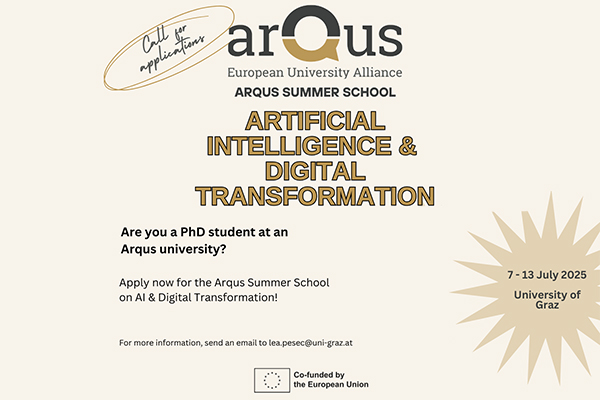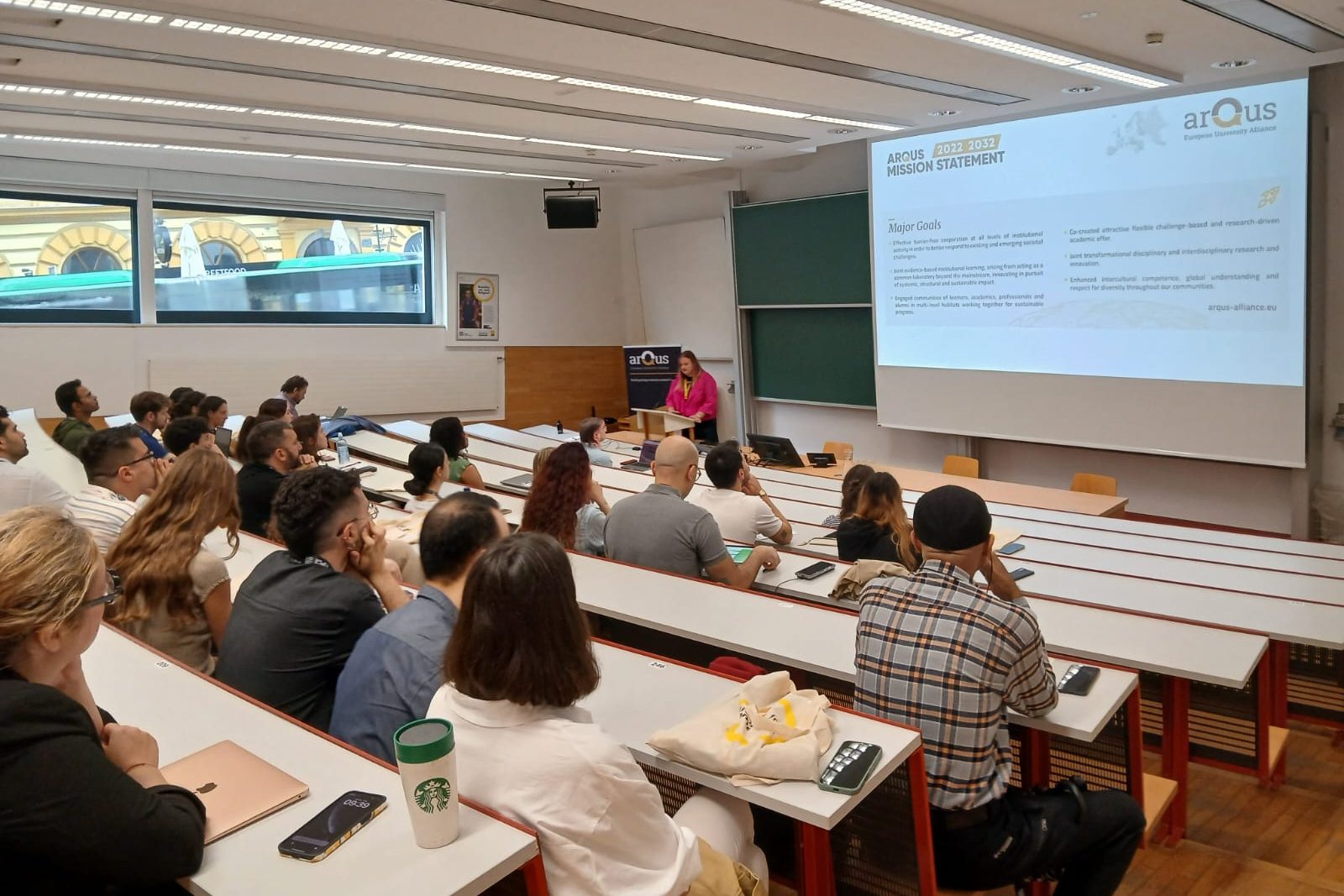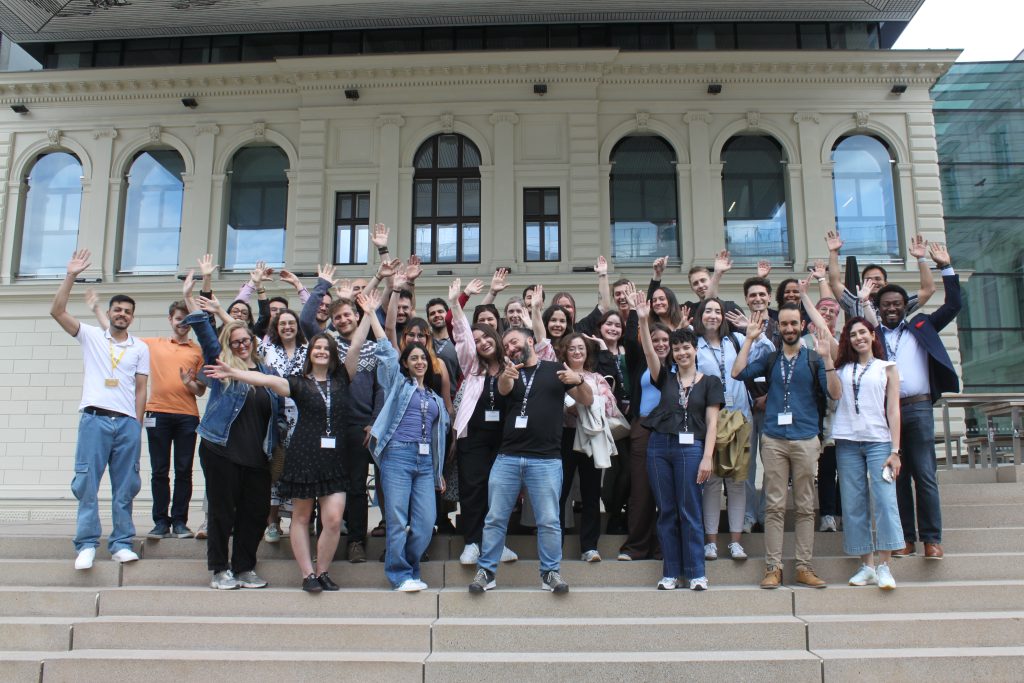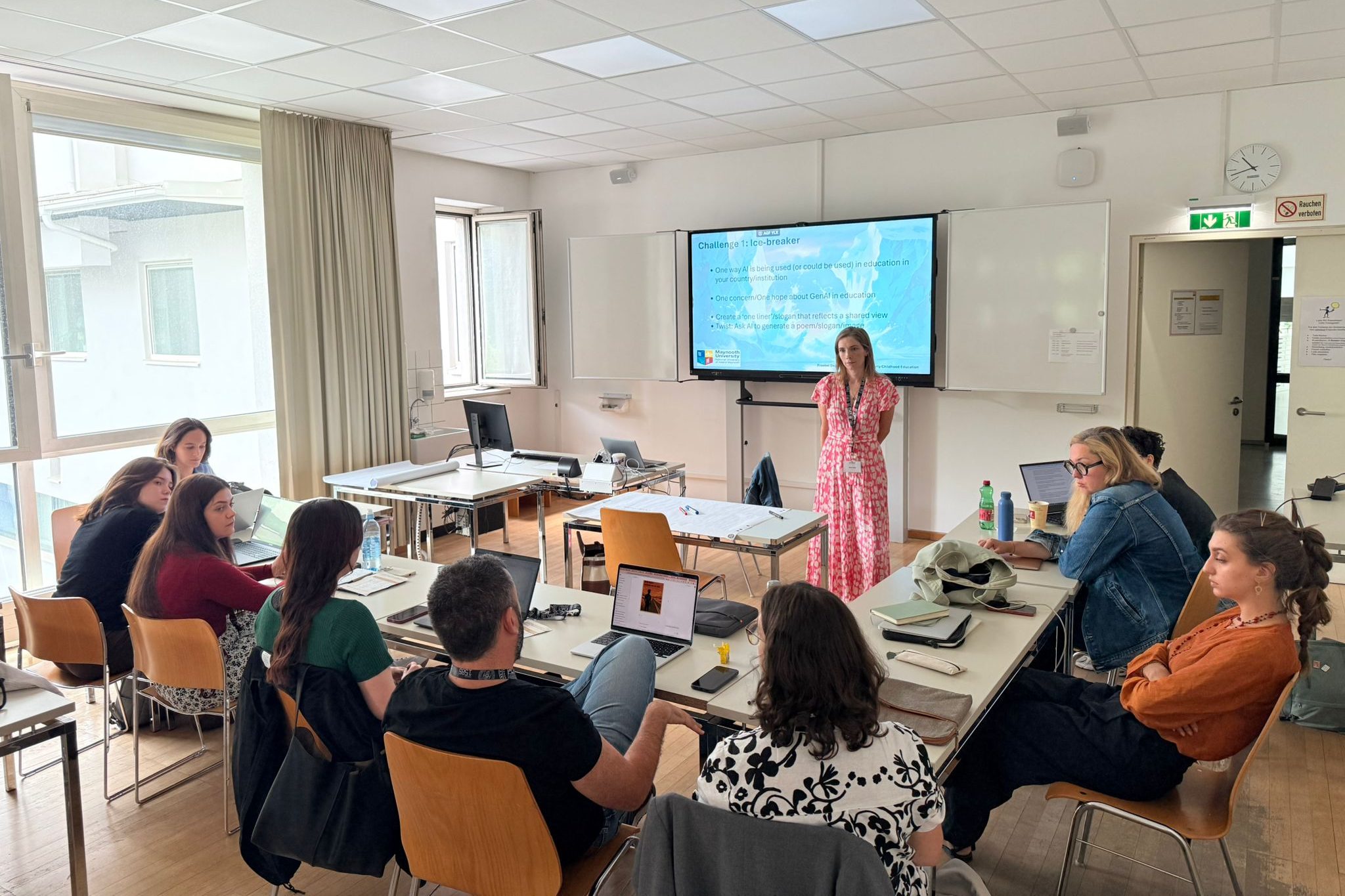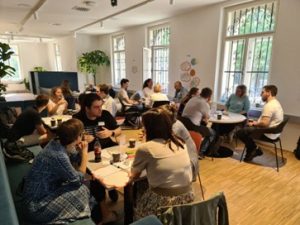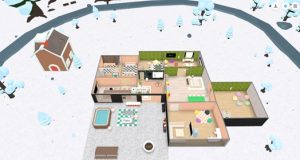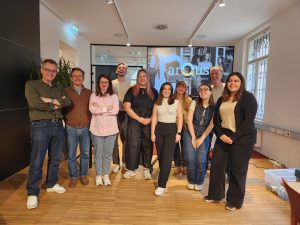1# What is hidden in the Black-box? Explainable Artificial Intelligence (4 June 2025)
Abstract
Although Artificial Intelligence is tackling an increasing number of tasks and becoming increasingly effective, human understanding of these models, and therefore trust, remains limited.
In this talk, Klaudia Balcer will present how XAI helps to create good quality and explainable models through successive stages of a data science project, focusing on model development and post-hoc explanations. Topics from classical game theory, such as SHAP, and gradient-based methods, such as GradCAM, to modern techniques of explaining models for temporal data or graph neural networks, such as GNNExplainer, will be covered. Klaudia Balcer will discuss the usefulness of these methods from the perspective of the developer, manager, as well as end user, and in various domains, such as medicine, finance, or e-commerce.
Lecturer
Klaudia Balcer is a research and teaching assistant at the Computational Intelligence Research Group (since 2024) at the Institute of Computer Science and a PhD student at the Doctoral School of the University of Wrocław (since 2023). Her research interests focus on methods combining deep and stochastic learning in the context of recommender systems. She is a coauthor of a few research papers, including considering an extension of the Gaussian Hidden Markov Model with embedded hidden states (ICONIP 2023) and explaining Session-based Recommender Systems with Grammatical Evolution (GECCO 2024). She is also active in academic teaching, conference talks, commercial and research projects, as well as international scientific collaboration.


